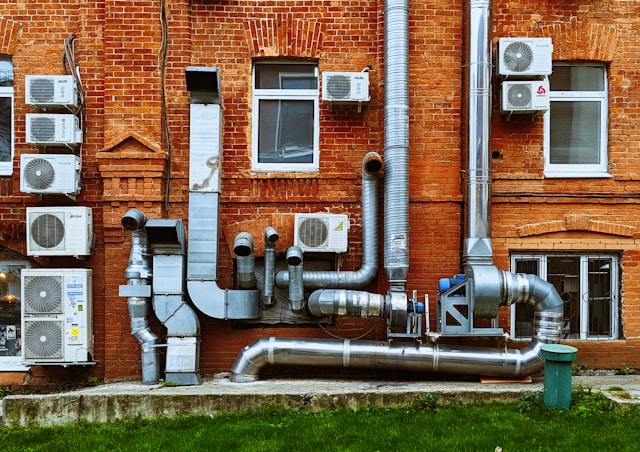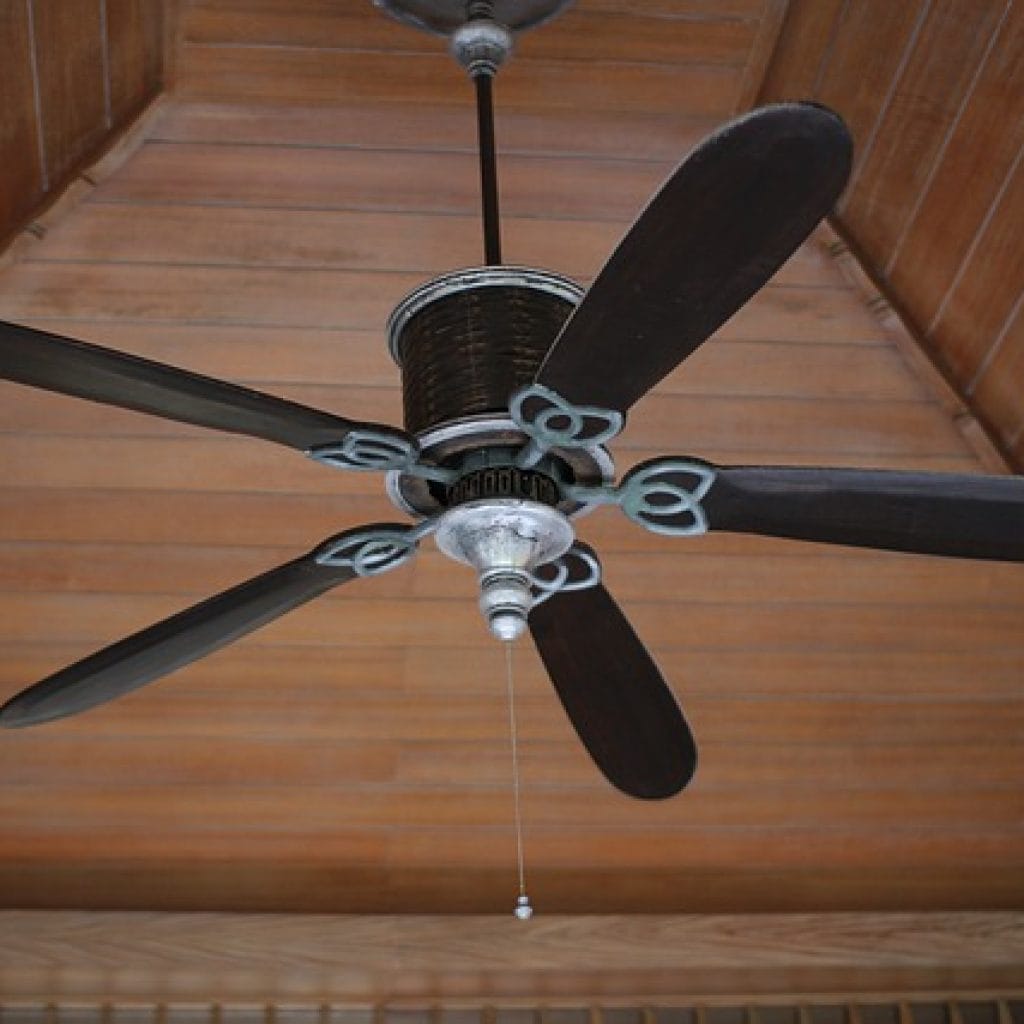Ensuring clean and healthy indoor air is a priority for homeowners in Maryland and Washington, DC, especially with unpredictable weather impacts and increasing environmental concerns. Poor indoor air quality (IAQ) can affect your family’s health, comfort, and overall well-being. Fortunately, there are effective solutions to enhance the air you breathe at home.

Why Indoor Air Quality Matters
Your home should be your haven, but indoor air can hold pollutants like dust, mold, allergens, or even harmful VOCs (volatile organic compounds) from household materials and products. This is especially true in urban areas like DC or during humidity swings in Maryland’s climate. Breathing in poor-quality air can lead to issues like allergies, asthma, or diminished sleep quality.
For homeowners and homebuyers, focusing on IAQ means investing in long-term comfort and health, and addressing these concerns can also increase property value.
Proven Solutions for Better Indoor Air Quality
Whether you’re living in a historic property in DC or a modern Maryland suburb home, here are tried-and-true solutions to achieve cleaner air indoors:
1. Install a High-Quality HVAC System with Air Filtration
Investing in an advanced HVAC system ensures proper ventilation and air circulation. Look for systems with HEPA-grade filters to trap fine particles like dust, pollen, and pet dander. Regular maintenance, including changing filters every few months, is equally important to keep the system running efficiently.
Tip for locals: Colder months in DC mean most homes rely on heating, which can dry out the air. Consider adding a built-in humidifier to prevent respiratory irritation.
2. Use Portable Air Purifiers
Compact air purifiers are perfect for smaller spaces or targeted areas. Choose units with activated carbon filters to help eliminate odors, smoke, and harmful VOCs from cleaning products or furniture.
3. Control Humidity Levels
Maryland’s humid summers can lead to mold and mildew growth, impacting IAQ. Keep indoor humidity levels between 30-50% by using a dehumidifier or ensuring your ventilation system effectively controls moisture.
Tip for Maryland residents: Basements are particularly prone to humidity issues; regular checks and a high-capacity dehumidifier can make your basement healthier and more usable.
4. Ventilation Upgrades
Modern airtight homes can trap polluted air indoors. Mechanical ventilation systems, like energy recovery ventilators (ERVs), improve fresh air intake while maintaining energy efficiency.
5. Eliminate Pollutant Sources
Choose non-toxic, low-VOC paints, flooring, and furniture when renovating your home. Additionally, use natural cleaning products to reduce chemical exposure.
6. Install Smart IAQ Monitoring Systems
Smart home tech isn’t just convenient—it can track air quality in real time. Devices like IAQ monitors detect levels of CO2, humidity, and pollutants so you can address issues proactively.
7. Green Your Space with Houseplants
Plants like snake plants, peace lilies, and spider plants naturally filter toxins from the air while boosting home aesthetics. While not a substitute for filtration, adding greenery is a support tactic for healthier air.

Partnering with Professionals
When it comes to optimizing your home’s air quality, working with experienced professionals is vital. An HVAC and IAQ specialist will consider your home’s layout, usage patterns, and environmental factors to recommend tailored solutions.
Breathe Easy in Maryland and DC
Enhancing your indoor air quality is an investment in your health and your home’s value. Implementing these solutions not only creates a more comfortable living environment but also ensures your space is a healthier refuge for years to come.
Have specific concerns about your home’s air quality? Contact our experts today to learn how we can customize IAQ solutions that fit your unique needs.





